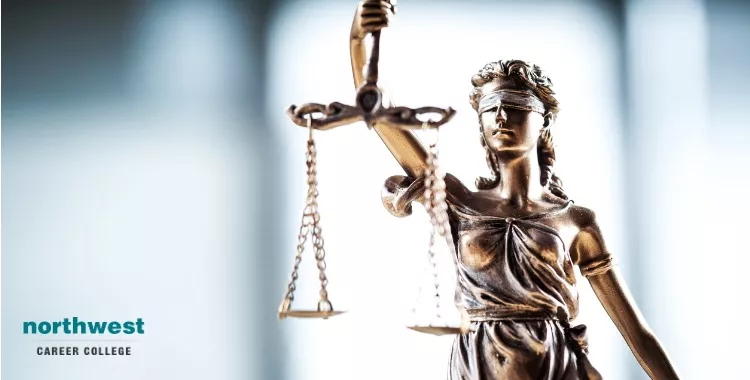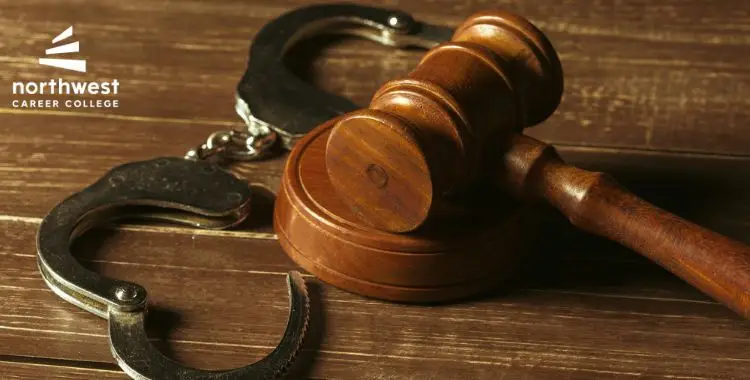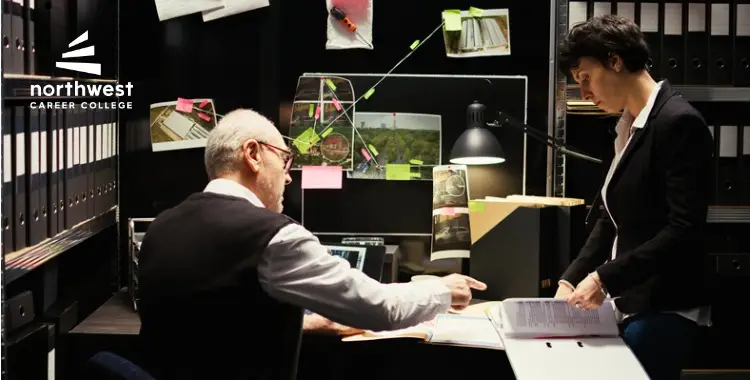What is Restorative Justice?
- Criminal Justice
- March 12, 2024
- 4.1k views
- 4 min read

Restorative Justice is a process whereby parties with a stake in a specific offense collectively resolve how to deal with the aftermath of the offense and its implications for the future.
In this article, we’ll be looking at how and if restorative justice actually works.
Table of Contents
How Does Restorative Justice Work?
There are three main constituents for restorative justice:
- People responsible for crime
- People harmed by crime
- Communities affected by crime
A common form of restorative justice is a face-to-face meeting involving the person responsible for the offence and the person harmed.
If the people concerned do not wish to meet, the facilitator acts as a ‘go-between’, facilitating indirect communication, or ‘shuttle dialogue’, verbally or in writing.
Restorative justice conferences are a form of face-to-face meeting that includes support people, such as friends and family members of either party.
A restorative meeting typically begins with the facilitator explaining why the process is happening and outlining ground rules. The person responsible for the offence gives an account of what happened, and the person harmed describes how they were affected.
Other participants may contribute their own accounts of what happened and how they were affected. All participants then discuss what could be done to set things right.
The process usually ends with a written agreement, signed by the participants, regarding what should be done next. The exact process will vary depending on the wishes of the participants, the particular nature of the service, as well as the cultural context.
A process can only be considered restorative if it abides by restorative principles; if the process is compulsory, disrespectful, disempowering or unsafe then it is not restorative.
What Are the Principles of Restorative Justice?
The process should be voluntary, safe, respectful, confidential, not about establishing guilt, empowering and facilitating, and look to the future as well as the past.
To be empowering and facilitating, restorative justice considers and addresses the needs and interests of the people responsible for and affected by the crime.
The voluntariness of restorative justice is one of the key features that distinguish it from the standard criminal justice response, particularly for the person responsible for the offence.
However, this does not mean pressure to take part is always absent; if restorative justice is offered as diversion from prosecution, then an accused may feel compelled to take part in order to avoid a conviction.
Is There Any Evidence That Restorative Justice Works?
The University of Sheffield was commissioned by the government to evaluate three restorative justice schemes between 2001 and 2008. The results of the research, published in four reports, were resounding – restorative justice works.
Key findings from the evaluation included that:
- Restorative justice led to a 14% reduction in the rate of reoffending.
- 85% of victims were satisfied with the process of meeting their offender face to face, and 78% would recommend it to other people in their situation.
- 62% of victims felt that restorative justice had made them feel better after an incident of crime while just 2% felt it had made them feel worse.
- For every £1 spent on delivering a face to face meeting, £8 was saved through reductions in reoffending.
Qualifying For Your Future
Gaining a qualification from our Criminal Justice School puts you in an excellent position to access a variety of employment opportunities as you look for one that suits your skills and interests.
At Northwest Career College, our Criminal Justice instructors include licensed, practicing attorneys and degree instructors able to teach, not only the law but also to guide our students in the many ways a criminal justice graduate integrates into a Las Vegas legal profession.
As part of our Criminal Justice Program, you’ll visit courts, jails, meditation centers, and more to experience first-hand the law in action, which will make your criminal justice training applicable to the Las Vegas legal system.
Northwest offers a flexible blended program with all criminal justice classes Las Vegas law classes taught on campus by an attorney and general education courses offered online. Our experienced instructors are on-campus to review and support your learning experience at all times.
Call us at (702) 403-1592 to speak to one of our enrollment team about joining our Criminal Justice Program today!



